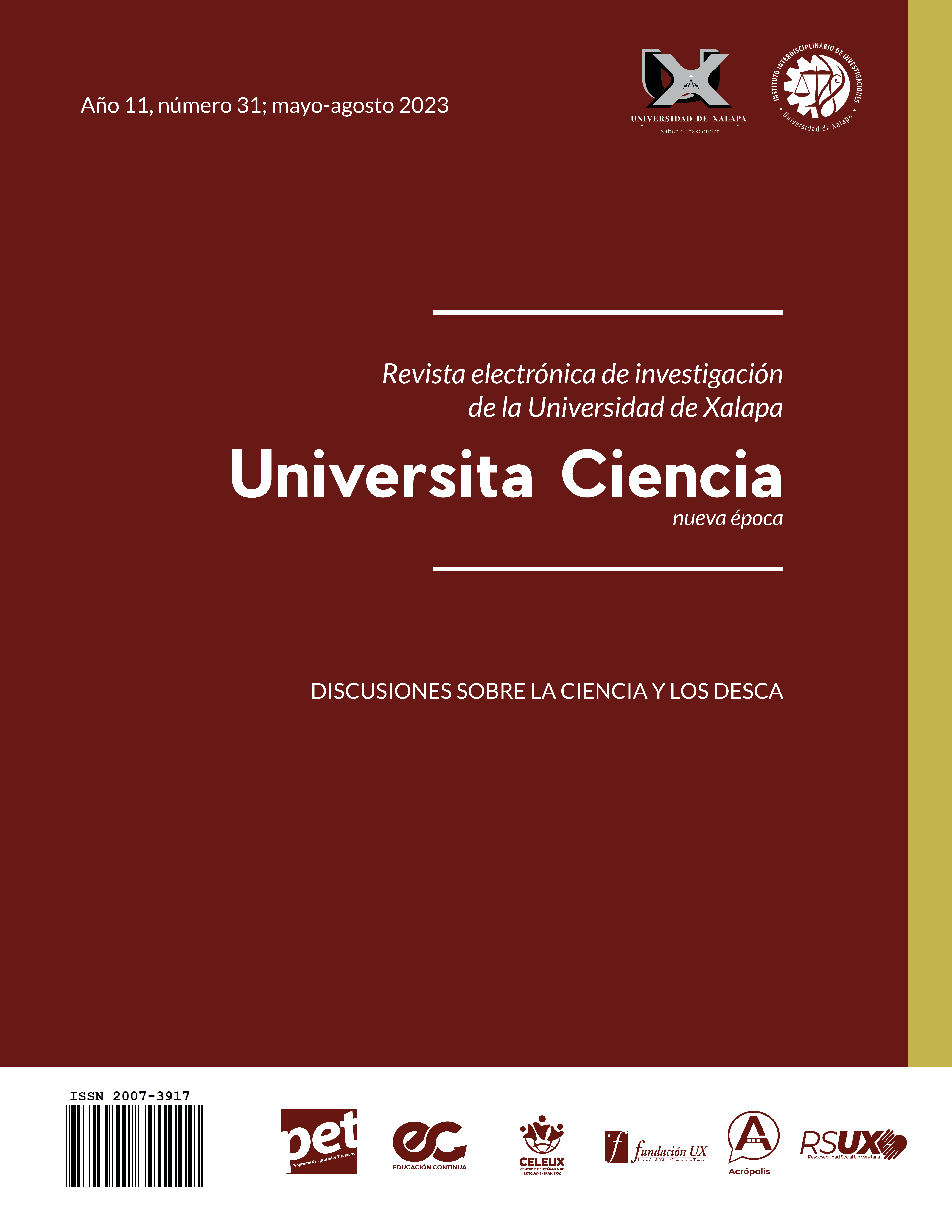Dashboard for the Analysis of the Profitability of Coffee Marketing Strategies in Coffee Growers’ Societies
DOI:
https://doi.org/10.5281/zenodo.8114941Keywords:
Dashboard, coffee growers,, coffee marketing, profitabilityAbstract
The objective is to determine the impact of a dashboard to interpret the profitability of coffee marketing strategies of coffee growers without financial knowledge. To test the hypothesis, the methodology was empirical research with a mixed approach and a cross-sectional design through a
case study, conducting the analysis in four phases, the main one consisting of an a priori solution that triggered the development of a web-based dashboard. This was implemented in a social solidarity society of coffee growers. The results show that the overall profitability is 0.01. This shows that coffee growers are unaware of the profitability of their business because of commercial strategies that are not being followed because they do not know how to interpret financial data. Likewise, financial and knowledge deficiencies of coffee growers are identified. In conclusion, this tool has a significant influence on
business orientation based on the analysis of business profitability.
Metrics
References
Berisha-Namani, M. (2009). “The role of information technology in small and medium sized enterprises in Kosova”, paper presented at the Fulbright Academy 2009 Conference: Small Places Can Change the World, available at: www.fulbrightacademy.org/file_depot/0-10000000/20000-30000/21647/folder/82430/BerishaþPaperþITþinþSMEsþinþKosovo.
Besley, S. & Brigham, E. (2008). Fundamentos de administración financiera. México: Cengage Learning.
Block, S., Hirt, G. & Danielsen, B. (2013). Fundamentos de administración financiera. México: McGraw-Hill.
Brealey, R., Myers, S., y Allen, F. (2010). Principios de finanzas corporativas. México:McGraw-Hill.
Cuevas-Vargas, H., y Parga-Montoyab, N. (2022). How ICT usage affect frugal innovation in Mexican small firms. The mediating role of entrepreneurial orientation. Procedia Computer Science 199 (1), 223-230. https://doi.org/10.1016/j.procs.2022.01.028
De La Hoz Suárez, Betty; Ferrer, María Alejandra y De La Hoz Suárez, Aminta. (2008). Indicadores de rentabilidad: herramientas para la toma decisiones financieras en hoteles de categoría media ubicados en Maracaibo. Revista de Ciencias Sociales, 14 (1), 88-109.
Emery D., Finnerty, J., y Stowe, J. (2004). Fundamentos de administración financiera. México: Pretice Hall.
Eschker, E., Gold, G. y Lane, M.D. (2017). "Rural entrepreneurs: what are the best indicators of their success?", Journal of Small Business and Enterprise Development, Vol. 24 No. 2, pp. 278-296. https://doi.org/10.1108/JSBED-07-2016-0112
Esuh Ossai-Igwe, L., y Minai, M.S. (2011). “The conceptual framework of entrepreneur and self 289 management”, International Journal of Business and Social Science, Vol. 2 No. 20, pp. 180-185.
García, O.L. (2011). Administración financiera: Fundamentos y aplicaciones. Colombia: Prensa Moderna Impresores.
Gitman, L., y Zutter, C. (2012). Principios de administración financiera. México: Pearson Educación.
Guajardo, G., y Andrade, N. (2008). Contabilidad financiera. México: McGraw-Hill.
Lutsak, N. (2011). Administración financiera. Ecuador: Editorial de la universidad técnica particular de Loja.
Nica, I; Chirita, N., y Ionescu, S. (2021). Using of KPIs and Dashboard in the analysis of Nike company's performance management. Theoetical and Applied Economic, 23 (1), 61-84.
Nicoleta, Claudia (2014). The dashboard – conceptual dimensions and evolutions. Economics, Management & Financial Markets, 9 (1), 448-456.
Perdomo, A. (2008). Elementos básicos de administración financiera. México: Cengage Learning.
Robles, C. (2012). Fundamentos de administración financiera. México: Red tercer milenio.
Robles, Hector (2011). Los Productores de Café en México: Problemática y Ejercicio del Presupuesto. Mexican Rural Development Research Reports. Recuperado de: https://www.wilsoncenter.org/sites/default/files/media/documents/publication/Hector_Robles_Cafe_Monografia_14.pdf
Tauringana, V., y Adjapong Afrifa, G. (2013). "The relative importance of working capital management and its components to SMEs' profitability", Journal of Small Business and Enterprise Development, Vol. 20 No. 3, pp. 453-469. https://doi.org/10.1108/JSBED-12-2011-0029
Van Horne, J., y Wachowicz, J. (2010). Fundamentos de administración financiera. México: Pearson Educación.
Published
How to Cite
Issue
Section
License

This work is licensed under a Creative Commons Attribution-NonCommercial-ShareAlike 4.0 International License.
This journal adheres to the Creative Commons license in the definition of its policy of open access and reuse of published material, in the following terms:
- Accessibility to articles and other publications in whole or in part under the concept of copying, distribution, public communication , interactive access (through the Internet or other means), explicitly maintaining the recognition of the author or authors and the journal itself (authorship acknowledgment).
- Warning that if the articles are remixed, modified or fragments used in other creations, the modified material cannot be distributed, nor is it allowed to reconstruct versions from the original published articles (derived works).
- The use of the contents of the published articles, in whole or in part, for profit (non-commercial recognition) is prohibited.
The author retains copyright, transfers or grants exclusive commercial rights to the publisher, and a non-commercial license is used.














